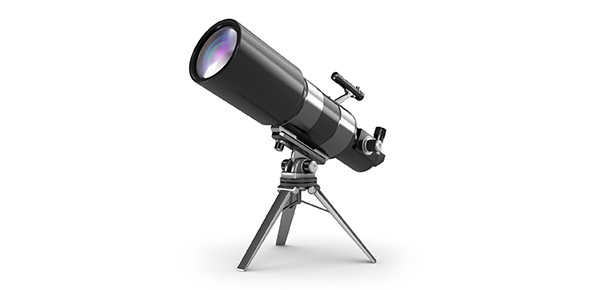Related Flashcards
Related Topics
Cards In This Set
| Front | Back |
|
The idea that career identity development is an aspect of ego identity development is part of who's career development theory?
|
Tiedman and O’Hara
|
|
Self-concept, life span, and life space are aspects of who's career development theory?
|
Super
|
|
Personality-work environment fit is an aspect of who's career development theory?
|
Holland
|
|
Who based their career development theory on the work of Maslow?
|
Roe
|
|
Who's career development theory is based on social learning theory?
|
Krumbolz
|
|
Who's career developemnt theory includes the idea of career concepts, which vary in terms of fequency of job change, direction of change, and type of change in job content?
|
Brousseau and Driver
|
|
Dawis and Lofquist proposed a career development theory which suggests a bidirectional interaction between a worker and his job demand called ________ __ _______ ________?
|
Theory of Work Adjustment
|
|
This theory of motivation involves 5 basic needs: physiological, safety, belongingness, self-actualization.
|
|
|
This theory of motivation involves 3 needs: existence, relatedness, and growth.
|
|
|
This theory of motivation involves 3 needs: need for acheivement (nACH), need for pwer, and need for affiliation.
|
|
|
This theory of motivation identifies hygiene (job context) factors and motivator (job content) factors.
|
Two-factor theory (Herzberg)
|
|
This theory of motivation suggests that people are motivated to acheive goals they have consciously accepted and are, therefore, more committed to.
|
Goal-setting theory (Locke)
|
|
This theory of motivation views social comparison as a motivator and suggests that workers compare and adjust their input/output to that of their coworkers.
|
Equity theory (Adam)
|
|
This theory of motivation states that people will work harder when they have high expectancy
|
Expectancy (VIE) theory (Porter, Lawler, Vroom)
|
|
This theory of motivation states that self-regulation of behavior involves goal-setting, self-observation, self-evaluation, and self-reaction.
|
Social cognitive theory (SCT; Bandura)
|







